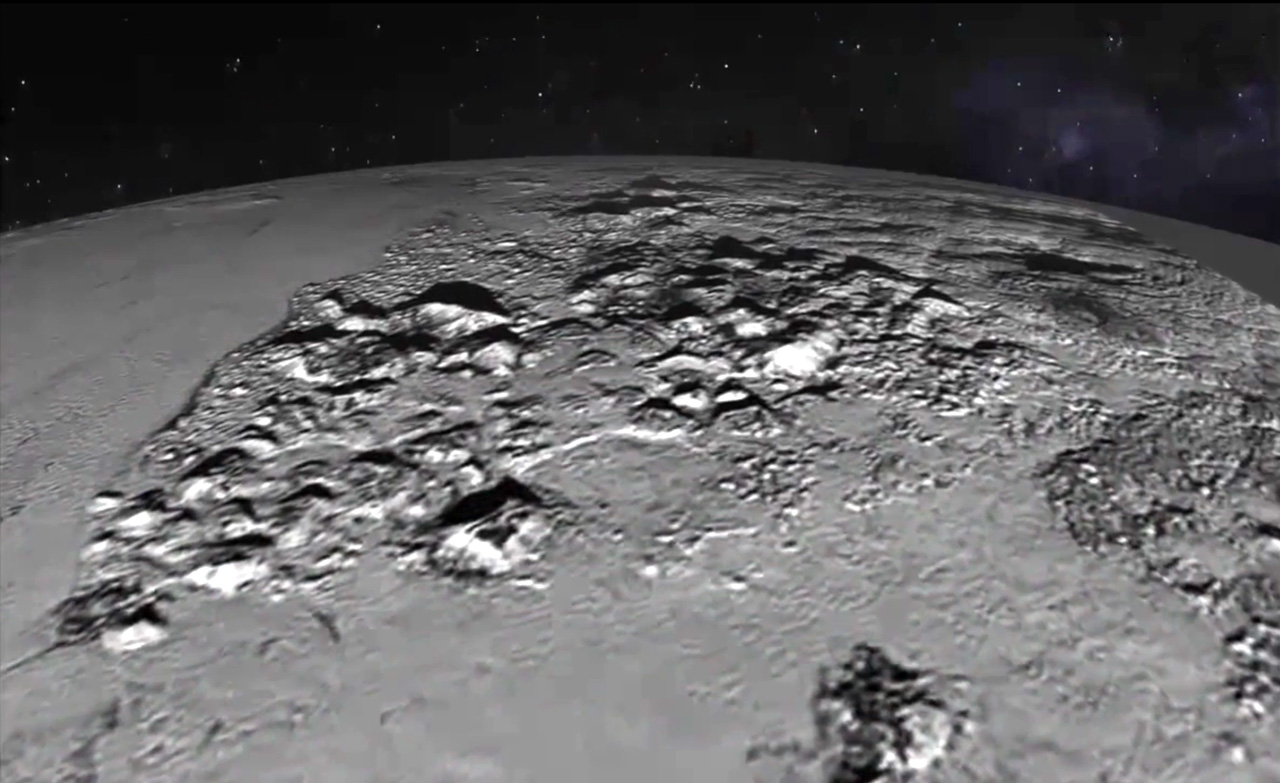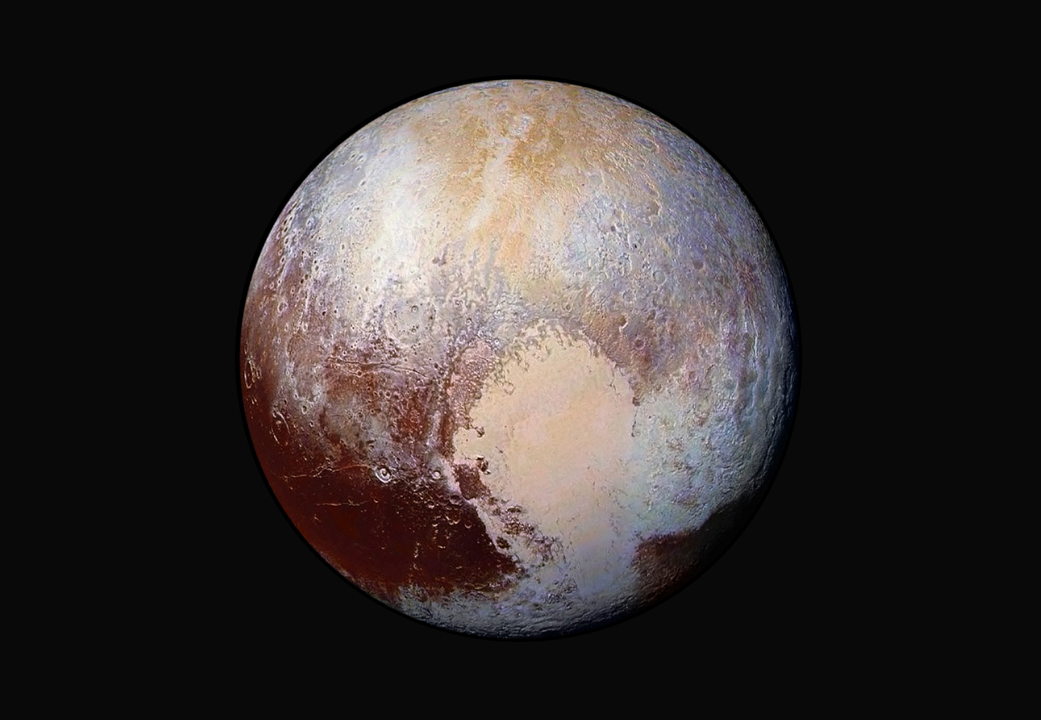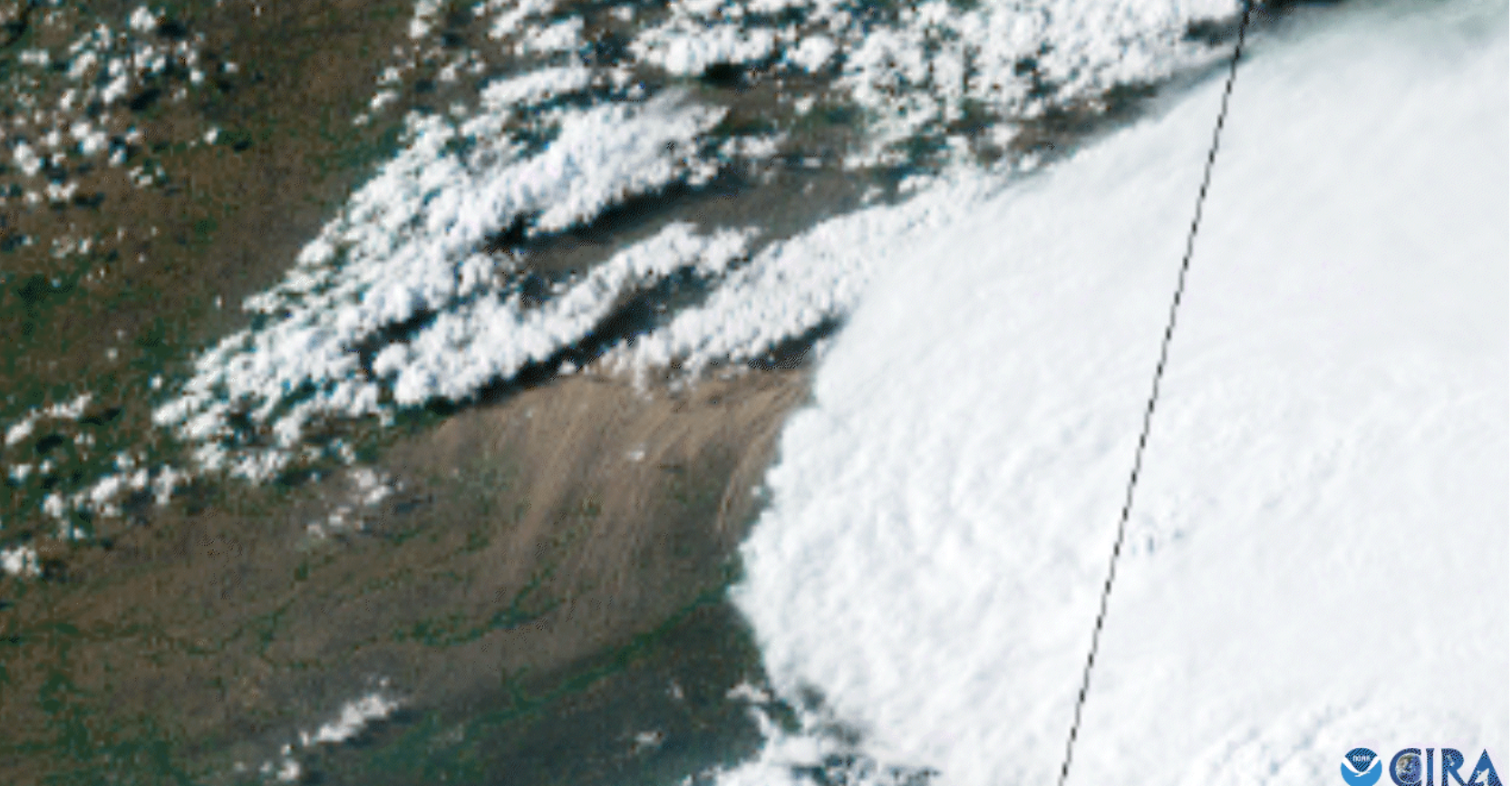Should Pluto Be a Planet Again? Informal Vote Offers Support After Experts Debate

A friendly debate about Pluto's planethood yesterday (April 29) ended in an informal vote that came down in favor of reinstating the dwarf planet's status.
Early in the morning Eastern time, after a livestreamed Philosophical Society of Washington discussion earlier that evening, Alan Stern — principal investigator of the New Horizons mission that flew by Pluto — tweeted that his argument won the vote, which was open to anyone who could access the PSW website, even those who were not members. Results showed 130 people voted in favor of making Pluto a planet and 30 were against. During the debate, Stern argued in favor of using a geophysical definition to define planethood. Briefly speaking, this suggests that planets must be those bodies massive enough to assume a nearly round shape but not massive enough to have nuclear fusion in the interior (like a star).
Related: Destination Pluto: NASA's New Horizons Mission in Pictures
But since 2006, the International Astronomical Union, represented in the debate by former IAU president Ron Ekers, has used another definition for planethood, which excludes Pluto. This definition says a planet must orbit the sun, must have a nearly round shape and must have "cleared the neighborhood around its orbit." Historically, it's that third point that has caused the most contention among Pluto planethood advocates, given the number of asteroids orbiting near even the larger planets.
The debate over Pluto's planetary status intensified after the New Horizons mission flew by the dwarf planet in 2015. New Horizons revealed a world of surprises: large mountains, a possible internal ocean and a tenuous "exosphere" or very thin atmosphere. Given Pluto's complex geology, Stern and some other members of the astronomical community began arguing that Pluto should be designated as a planet once more.
On the naming of things
The debate went over the points in detail for and against Pluto being a planet. Ekers' presentation focused on the history of the IAU, which was originally formed in 1919 to coordinate clocks and issue reports via telegram about findings related to astronomy.
"Coordinating all the clocks that are in the world is not itself science, but if we don't do that, it makes the pursuit of science difficult; it's a practical function, which these international unions have to do," Ekers said.
Get the Space.com Newsletter
Breaking space news, the latest updates on rocket launches, skywatching events and more!
By the same token, he argued, assigning categories to planets is also not science, but a way of describing objects so that scientists can communicate. Other examples of this type of decision include agreeing on constellation names and boundaries, or describing species (such as humans, or homo sapiens) by their genus and a specific name.
Pluto was discovered in 1930, amid a search for a planet that was believed to be causing irregularities in the orbit of Neptune, Ekers said. Pluto was too small to cause these perturbations, and later calculations showed that the first calculations of Neptune's orbit were incorrect. But it was a lucky find nonetheless. The diminutive Pluto was closer to the sun at that point in its orbit than it is now and easier to spot in telescopes available at the time.
It wasn't until six decades later that other objects close to Pluto's size were discovered in the Kuiper Belt, a region of icy objects beyond Neptune. Then Mike Brown, an astronomer at the California Institute of Technology, led the discovery of an object called 2003 UB313 that was believed to be larger than Pluto. "No name could be assigned [by the IAU] because there was no planet definition," Ekers said. (Today, we know that world by the name Eris.)
The IAU twice asked the planetary systems division to come up with a definition of a planet; with the experts gridlocked, the IAU formed a naming committee that included both international representation and people working within and outside of planetary science (such as historians and educators).
The committee asked that their discussions not be made public, which Ekers acknowledged may have been a mistake, but he added that media were invited (and present) at the decision that made Pluto a dwarf planet.
The vote took place at the August 2006 IAU meeting in Prague, which included 424 voting members (out of a total membership of 9,000). The majority vote was for Pluto to be redesignated as a dwarf planet, along with a number of other "trans-Neptunian objects" discovered in the few years before the vote. A separate resolution, suggesting that dwarf planets should be named planets, failed by a large margin, he added.
"This is not a vote about science," Ekers said. "The vote at the IAU is about an agreement on how you name things, and that was an important difference."

Arguing for expertise
Stern then took the stage, outlining what he saw as issues with the IAU vote. He brought up the matter of expertise in the IAU planet definition committee, arguing it should have been made up of planetary scientists: "If, God forbid, somebody here was diagnosed with a neurological problem, I would hope you would go to a neurologist and not a podiatrist, or some other form of doctor, because expertise does matter."
He provided a quick historical overview of three "game changers" that were fundamental to what he called the "dwarf planet revolution": the discovery that oceans are common on other bodies in our solar system, the discovery of the Kuiper Belt of icy objects that show what the solar system looked like early in its history and the discovery of small worlds such as Pluto — most of which were not found until the early 21st century.
Visitors — perhaps aboard the USS Enterprise of "Star Trek" — would look at Pluto and say that they are orbiting a planet, Stern said. "It has an atmosphere made of the same stuff we are breathing," he argued. He cited its mountain ranges, glaciers, avalanches and "all the hallmarks of planetary processes" visible on the surface.
Related: New Horizons' Dramatic Journey to Pluto Revealed in New Book
He also took Ekers to task on two points regarding the IAU. Stern argued that the IAU deliberately engineered the planetary definition so that it would be easier to memorize the number of planets in the solar system — Ekers responded that if Stern heard that, it was probably a joke made at the time of the decision. Stern also said no planet can fully clear its orbit of debris as it circles the sun, while Ekers argued that the asteroids and comets that we do see are in resonance (in orbits coincident) with planetary orbits.
Stern also argued that farther out in the solar system, it is harder to clear away small objects because they move so much slower in their orbits around the sun than do objects that are closer due to the nature of how orbits work. This means that planets need to be more and more massive in the outer reaches of the solar system to clear away small objects. Even Earth wouldn't qualify as a planet if you moved it out to 100 Earth-sun distances from the sun — "It just breeds confusion," Stern said.
Stern and Ekers shook hands after the debate and shared a question and answer period with the audience, in which they further clarified their positions. While Pluto's planethood status didn't change following the debate, it does form part of a larger set of studies and questions that continue — even nearly 13 years after Pluto was designated a dwarf planet.
- Is Pluto a Planet? New Paper Adds to Decade-Long Debate
- Dwarf Planets of Our Solar System (Infographic)
- Pluto Flyby Anniversary: The Most Amazing Photos from NASA's New Horizons
Follow Elizabeth Howell on Twitter @howellspace. Follow us on Twitter @Spacedotcom and on Facebook.
Join our Space Forums to keep talking space on the latest missions, night sky and more! And if you have a news tip, correction or comment, let us know at: community@space.com.

Elizabeth Howell (she/her), Ph.D., was a staff writer in the spaceflight channel between 2022 and 2024 specializing in Canadian space news. She was contributing writer for Space.com for 10 years from 2012 to 2024. Elizabeth's reporting includes multiple exclusives with the White House, leading world coverage about a lost-and-found space tomato on the International Space Station, witnessing five human spaceflight launches on two continents, flying parabolic, working inside a spacesuit, and participating in a simulated Mars mission. Her latest book, "Why Am I Taller?" (ECW Press, 2022) is co-written with astronaut Dave Williams.
